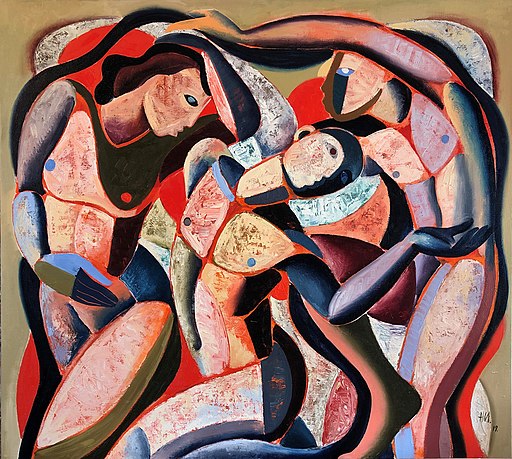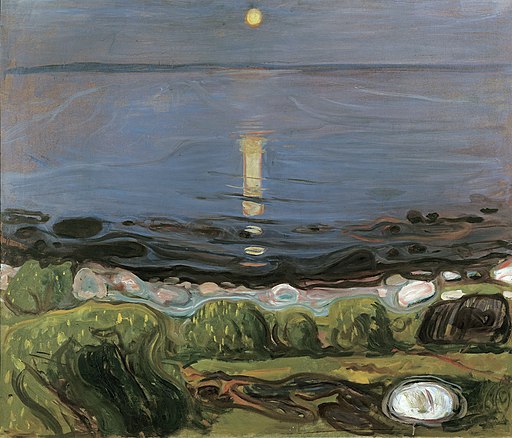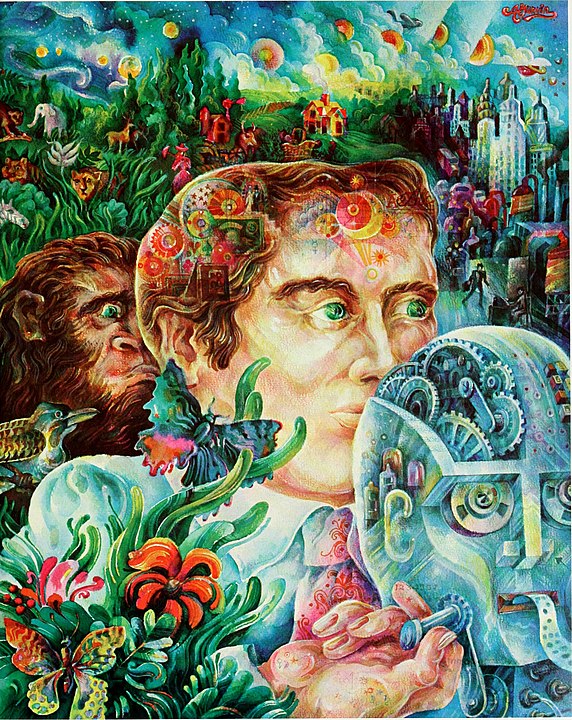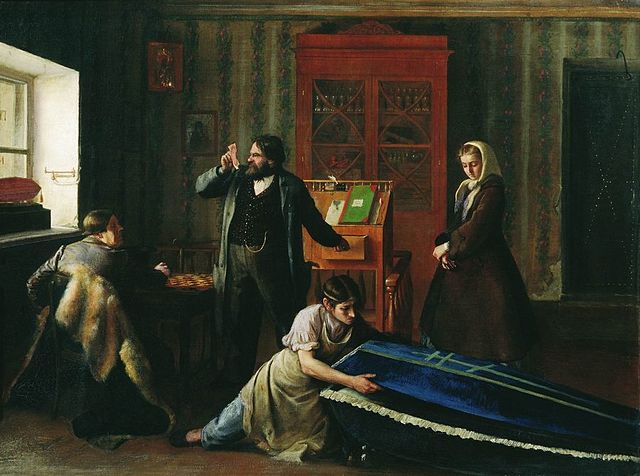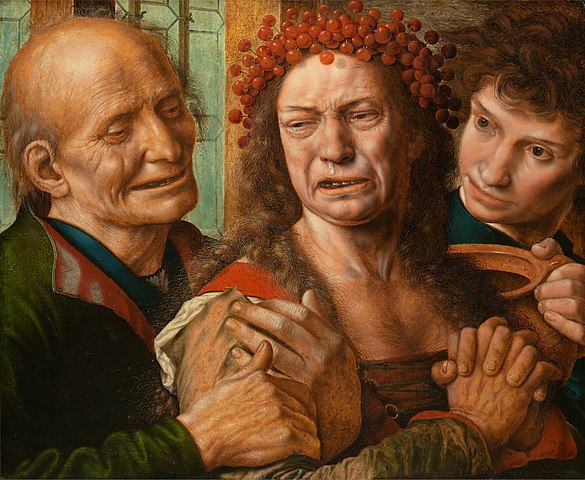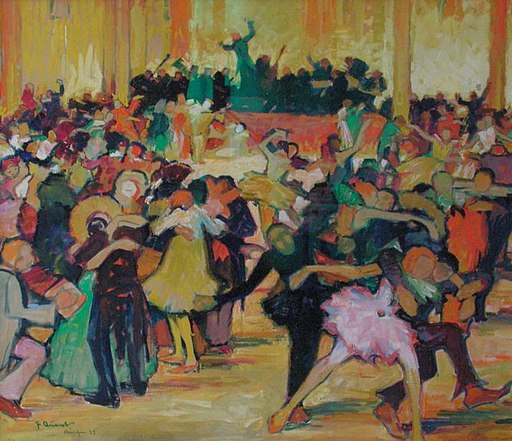Sword of Dreams, Shield of Time
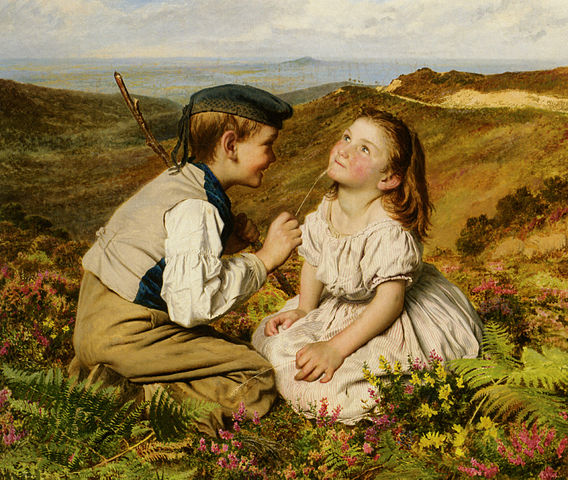
Lynne Sargent
Do you remember when we were witches wielding wands of wheat, making cedar talismans to protect against the fear of being caught in ding dong dash? When every tree was a portal and every villain could be defeated with a quest, or a century and neither seemed quite so long. When love was in gemstones found in rivers, presented to you with your own hands, claimed by your own eyes. When our power was in powerlessness-- in the fable of pretending it was the kind of thing that would be outgrown.


